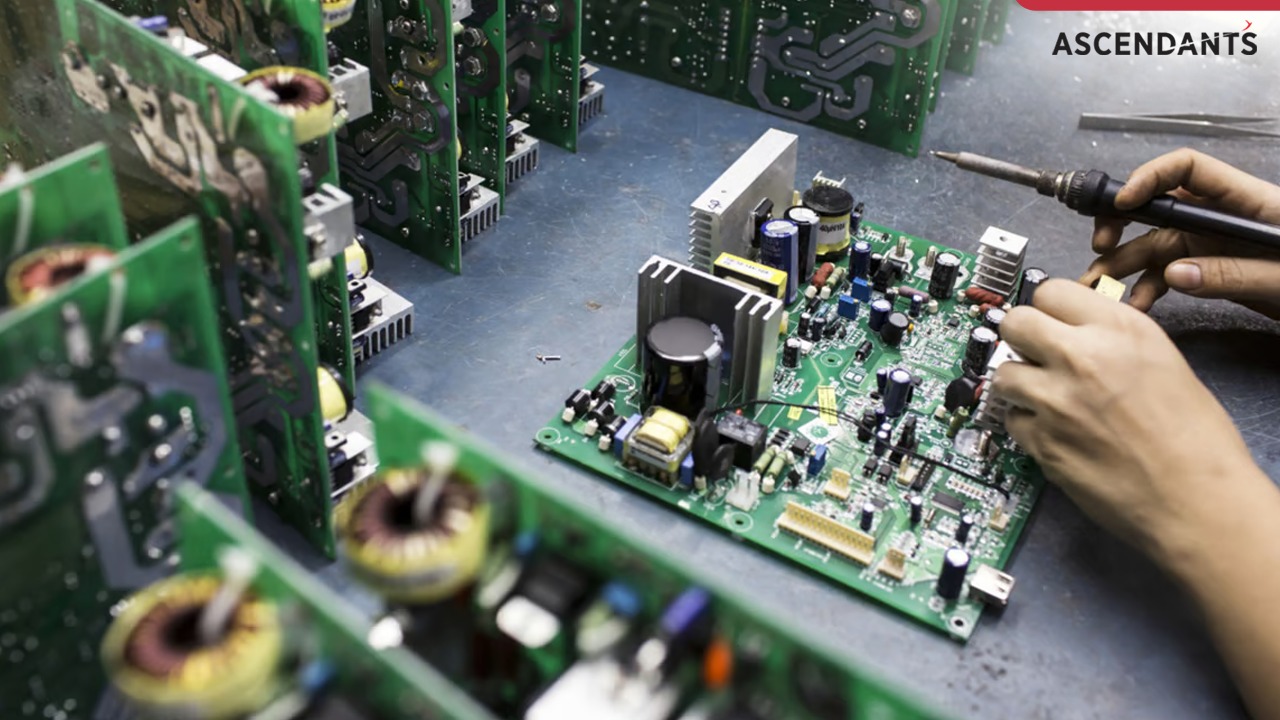The Finance Ministry has approved a Production-Linked Incentive (PLI) scheme with an allocation of ₹25,000 crore aimed at boosting domestic manufacturing of electronic components.
Following this approval, the Ministry of Electronics and Information Technology (MeitY) is expected to seek Cabinet approval. The scheme is likely to be officially announced during the Union Budget 2025. Industry stakeholders had reportedly lobbied for a higher outlay of up to ₹40,000 crore, reflecting the sector’s growth ambitions.
The PLI scheme is set to focus on key electronic components such as printed circuit board (PCB) sub-assemblies, batteries, display units, and camera modules. It aims to strengthen domestic manufacturing capabilities and reduce India’s dependence on imports, particularly from China.
“The new scheme will incentivise the production of critical components like printed circuit boards, enhancing domestic value addition and strengthening local supply chains,” a government official stated in November 2024, according to Reuters. The incentives are expected to encourage Indian and global companies to invest in local production.
India’s electronic production has seen remarkable growth, more than doubling over the last six years to $115 billion in 2024, largely driven by mobile manufacturing giants like Apple and Samsung. The new scheme is poised to further boost investments, generate employment, and solidify India’s position as a global electronics hub.
With India already ranking as the fourth-largest smartphone supplier globally, the PLI scheme is anticipated to expand production capacities and integrate local manufacturers into a robust ecosystem of component suppliers. Additionally, it seeks to mitigate supply chain risks and foster innovation within the country.
This move aligns with the government’s vision of positioning India as a competitive player in the global electronics and component supply chain, ensuring sustainable growth for the sector.








